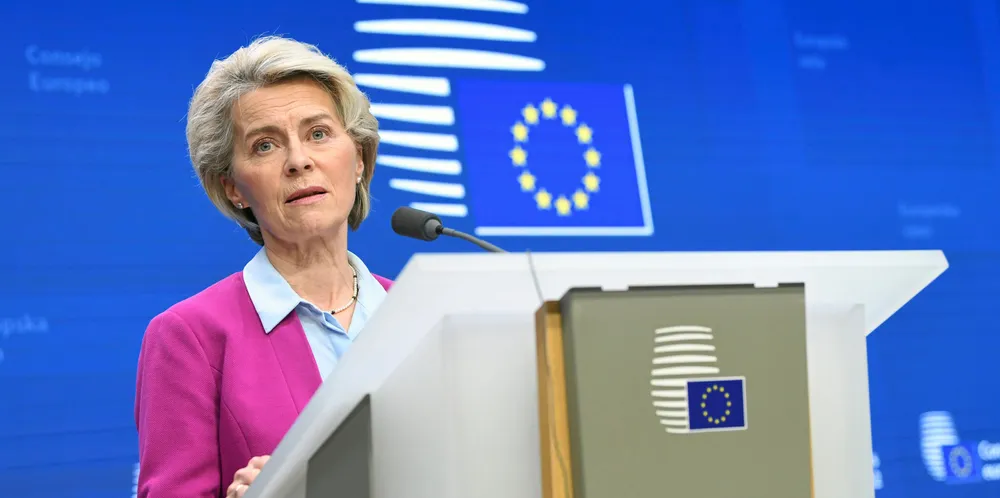Don't get hooked on Chinese batteries after quitting Russian gas, Europe warned
As EU disquiet grows over Chinese influence in sectors such as wind, energy storage highlighted in paper for bloc's leaders

As EU disquiet grows over Chinese influence in sectors such as wind, energy storage highlighted in paper for bloc's leaders
